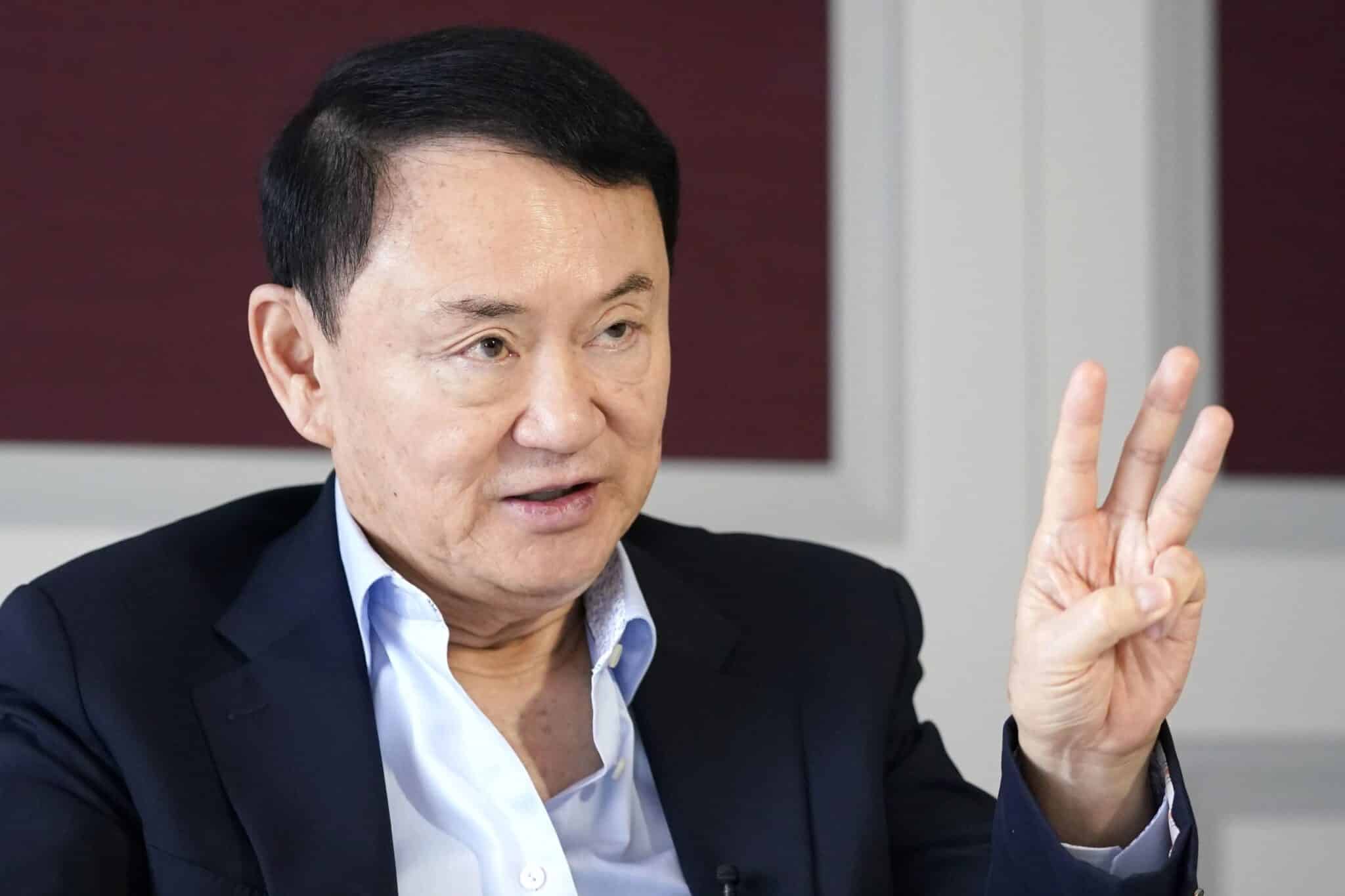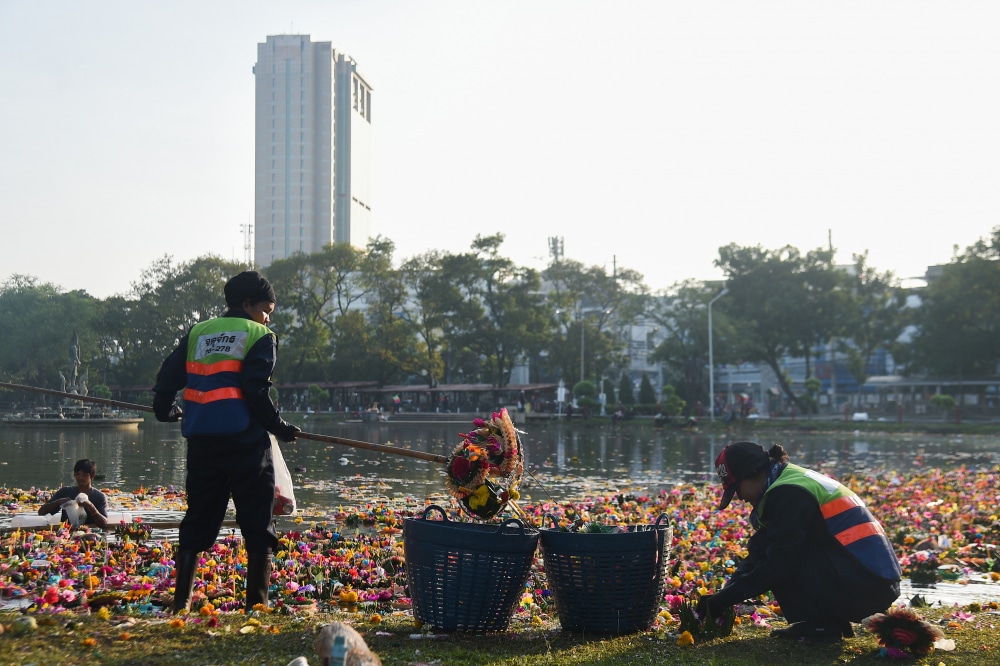After losing the most seats to the Move Forward Party, the new kid on the pro-democratic bloc, the Pheu Thai Party vowed to “rebrand” the party. After two and a half months, Pheu Thai is leaning to the conservative side of the political spectrum.
Amidst the Democrat Party’s enduring electoral defeats, the Pheu Thai party’s prominent figures, Srettha Thavisin and Paetongtarn Shinawatra, were spotted queuing to greet Their Majesties the King and Queen’s royal vehicle at the Grand Palace during the King’s 71st birthday celebration.
Srettha tweeted a happy birthday message to HM and used the King’s entire name, which was rarely used and took up more than half of the space on his particular tweet.
Meanwhile, major party members such as Kham Phaka and Peemai Sirikul have virtually claimed that the pro-Pheu Thai followers are and have always been royalists. Nothing could be more false.
Over the past decade and a half, the redshirt movement has clashed with the army, which staged two military coups to depose their political leaders, Thaksin Shinawatra in 2006 and what was left of the Yingluck Shinawatra administration in 2014 – the coup makers cited the need to protect the monarchy institution as a justification for their actions.
Under the lese majeste statute, members of the redshirts have been prosecuted and imprisoned. Consider Ekachai Hongkangwan, who was sentenced to more than two years in prison for hawking unauthorized DVD copies of a critical biography of the current monarch made by the Australian Broadcasting Corporation at a redshirt gathering prior to the 2014 coup.
Other redshirts escaped into exile, such as members of the Fai Yen music band, who wrote anti-monarchy songs and performed at redshirt protests prior to the 2014 coup, or were kidnapped and assumed dead, such as Surachai Sae Dan, who fled to Laos following the coup, and others.
In the wake of the ousted and fugitive former premier, Thaksin, who is considered the de facto leader of the Pheu Thai Party, announcing his intent to return to Thailand after a decade, the party is undergoing a significant rebranding as a conservative royalist entity. The objective behind this transformation is to strengthen its position to claim the Prime Ministerial seat and establish a new government.
(Senior Thai Sang Thai Party member Sita Tiwari recently claimed that the Pheu Thai Party insisted on including a language in the eight-party Agreement maintaining the “democratic system with the King as Head of State.”)
As important, there is now a far greater perceived challenge to the establishment in the form of the Move Ahead Party, which is the only major political group promising to alter the contentious lese majeste law while stopping short of stating they want to modify the monarchy itself. (The party was the only major party that did not publish a Happy Birthday to the King greeting on Friday.)
Move Forward also promises to dismantle the energy sector’s oligarchy in order to make it more affordable for people to consume electricity and other energies, to decentralize and replace appointed governors with elected governors, thereby undermining the Interior Ministry’s power and vested interests.
Military reform, such as removing compulsory military conscription and lowering the bloated number of generals, dissolving the alcohol industry’s quasi-monopoly, and other initiatives. It is easy to see why the Move Forward Party has emerged as the new and foremost foe of the status quo, making the Pheu Thai Party appear conservative in comparison.
Now, the conservative elites under Rama X’s current and relatively recent reign want the Pheu Thai Party’s support in order to isolate and halt the rise of Move Forward, which is extremely popular among young Thais. It’s a tried-and-true divide-and-rule strategy, but this time Pheu Thai leaders and followers believe it’s necessary to go to the right in politics since they can’t compete with Move Forward Party’s left-wing ideology.
The nomination of Srettha, a former real estate tycoon and political moderate, as the presumptive Prime Ministerial candidate, with Thaksin’s approval, is just one of the several indicators that showcase the Pheu Thai Party’s ongoing efforts to rebrand itself as Thailand’s leading conservative party, aiming to take over the mantle once held by the Democrat Party during its prime days.
Meanwhile, Thaksin can attempt to join the establishment if he is not stabbed in the back and betrayed by the entrenched elites.











